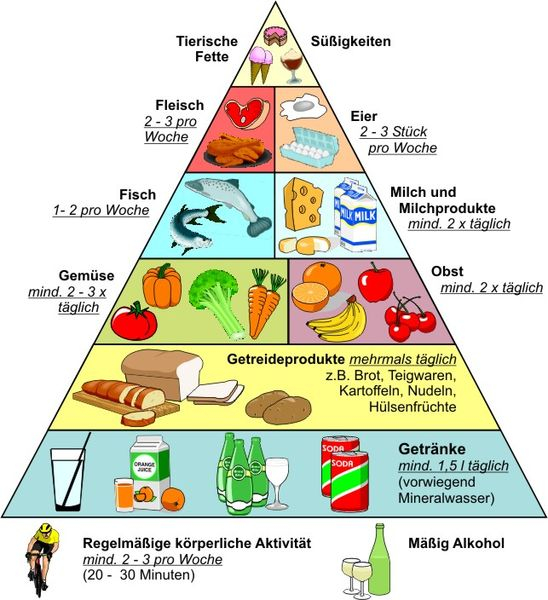Thomas Werneke
Nutritional regimes are understood to be systems of rule that emerge in a complex interplay between state actors, experts and interest groups and which attempt by means of legislation, behavioural guidelines, dietary advice and recommended consumer techniques to influence the lifestyle of citizens in the direction of a supposedly healthier life. In terms of nutritional regimes, we are interested, among other things, in the friction between competing liberal concepts of individual responsibility for one’s own health and the paternalistic concepts of a collective promotion of health and healthcare, as well as the responsibility of the individual for society as a whole. Furthermore, also of interest are the expectations, linked to health policy projects, i.e. prognoses that justify good consumer behaviour and seek to rebut bad consumer behaviour.
The project enquired after the semantic ruptures and continuities across regime changes in Germany. Consumerism is understood in the context of the project as the consumption of food and luxury goods (especially alcohol and tobacco) as well as ‘functional food’ (e.g. protein drinks). Primarily publications of state actors and experts in the area of food chemistry, nutritional science and healthcare served as sources.

